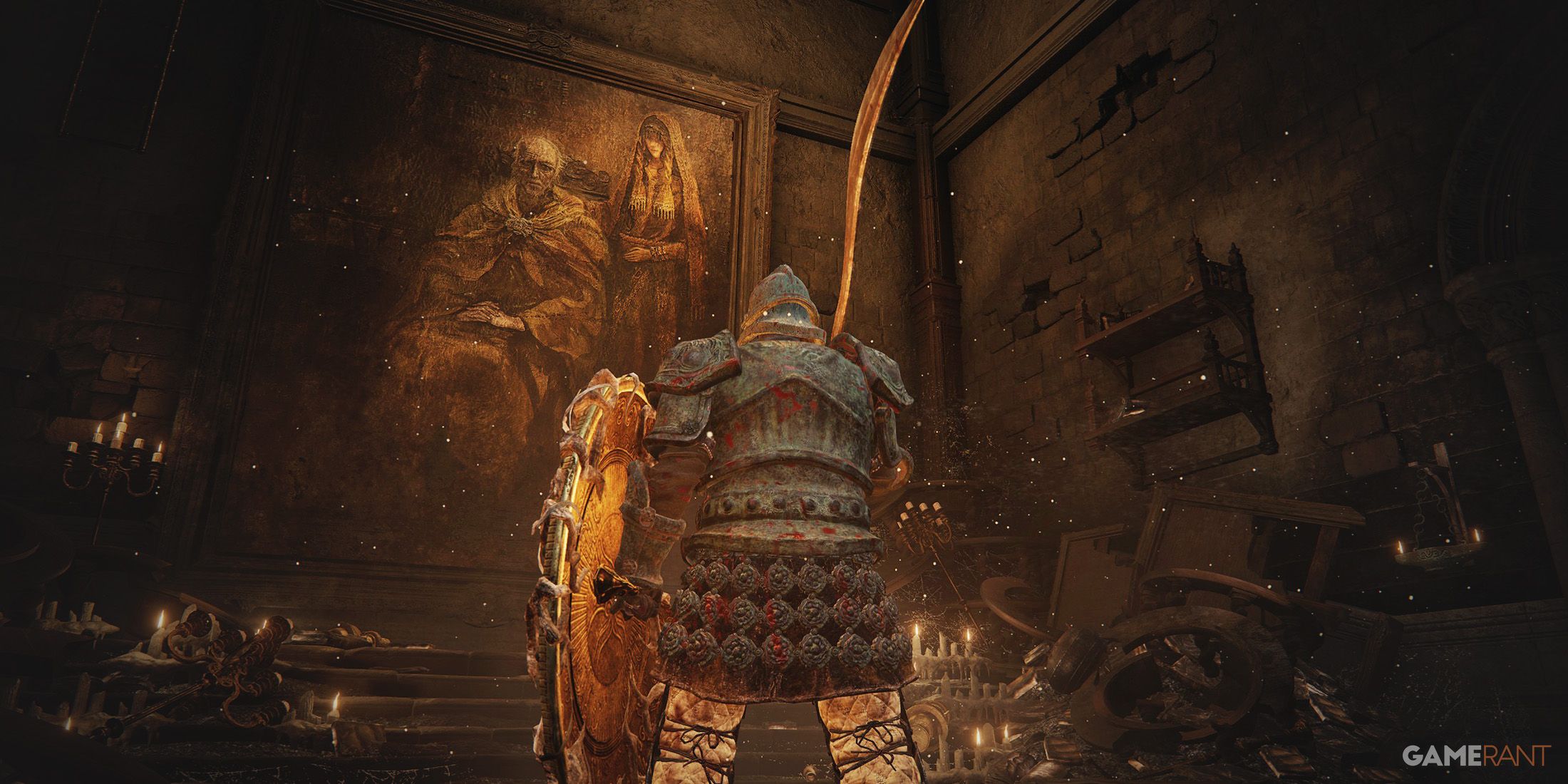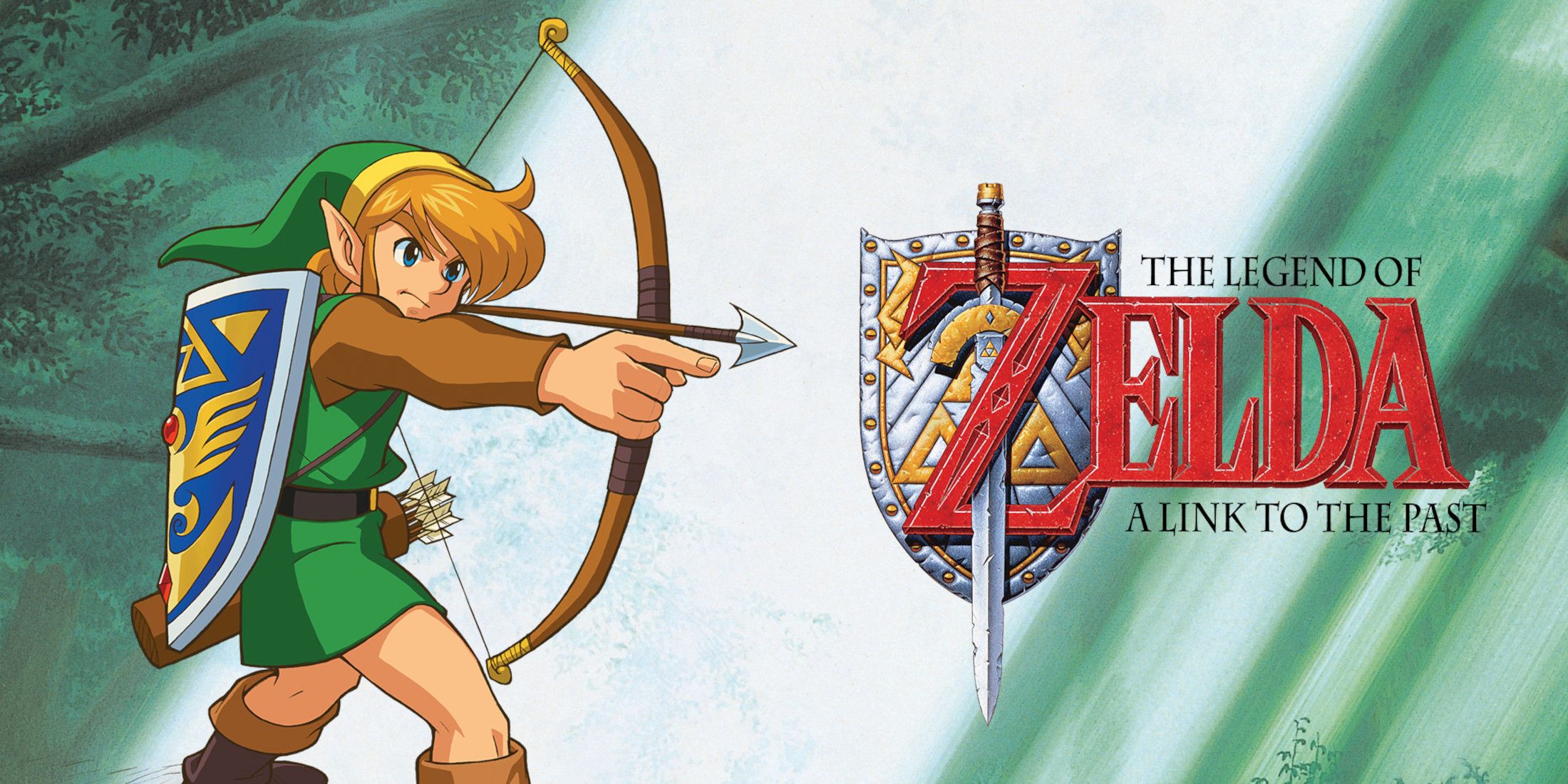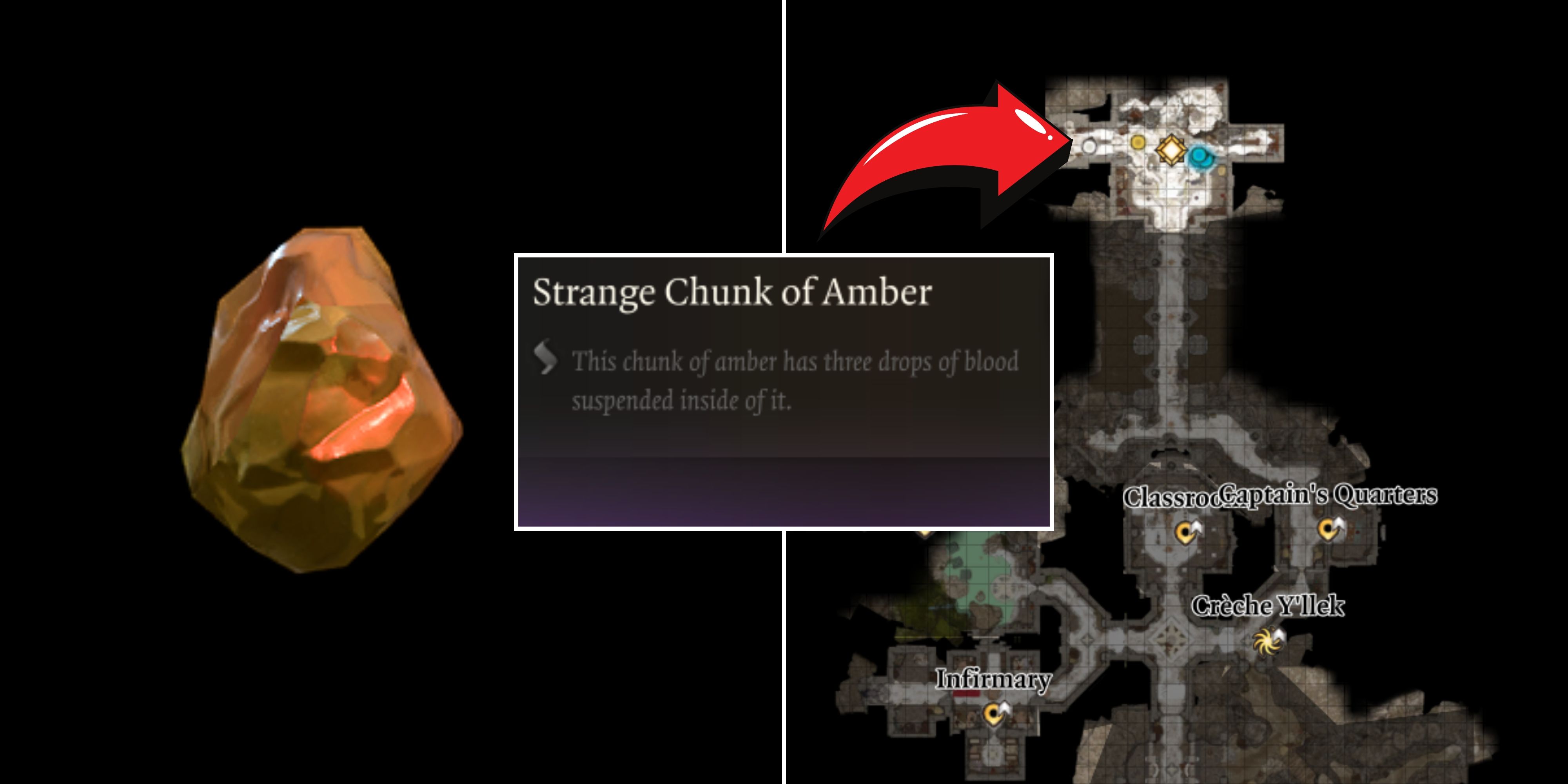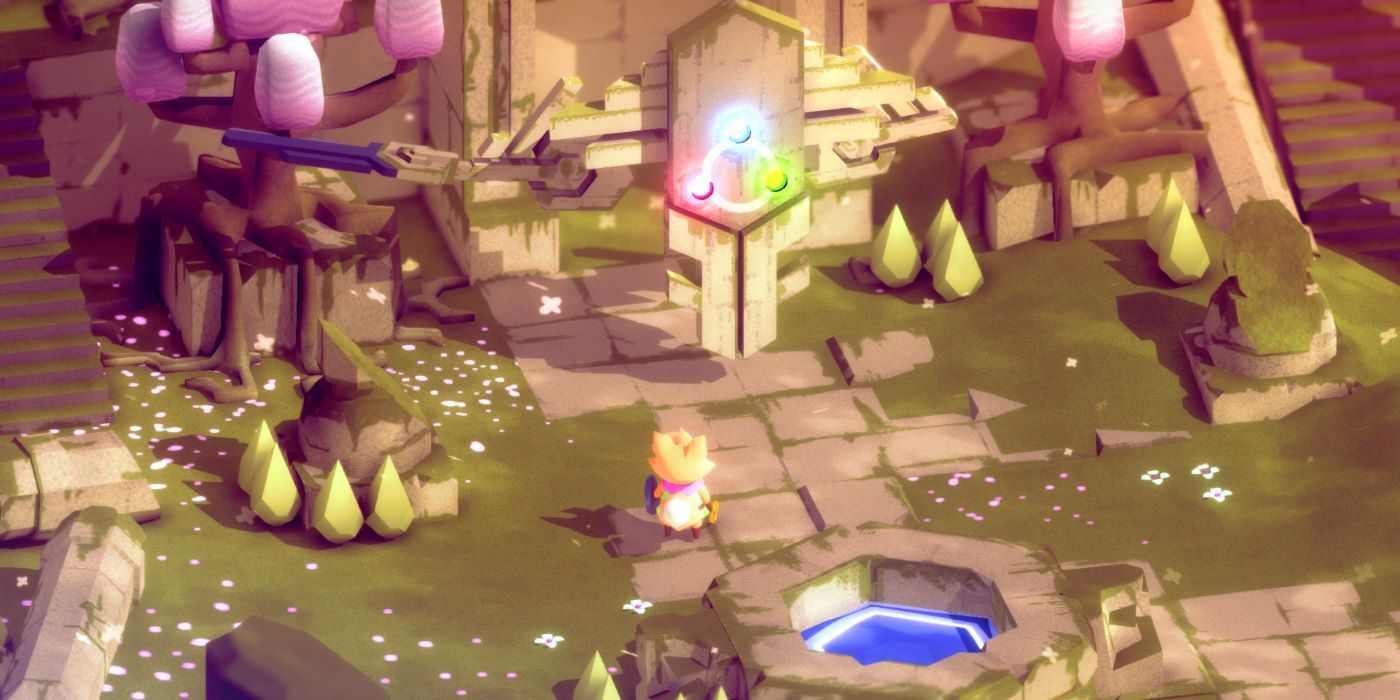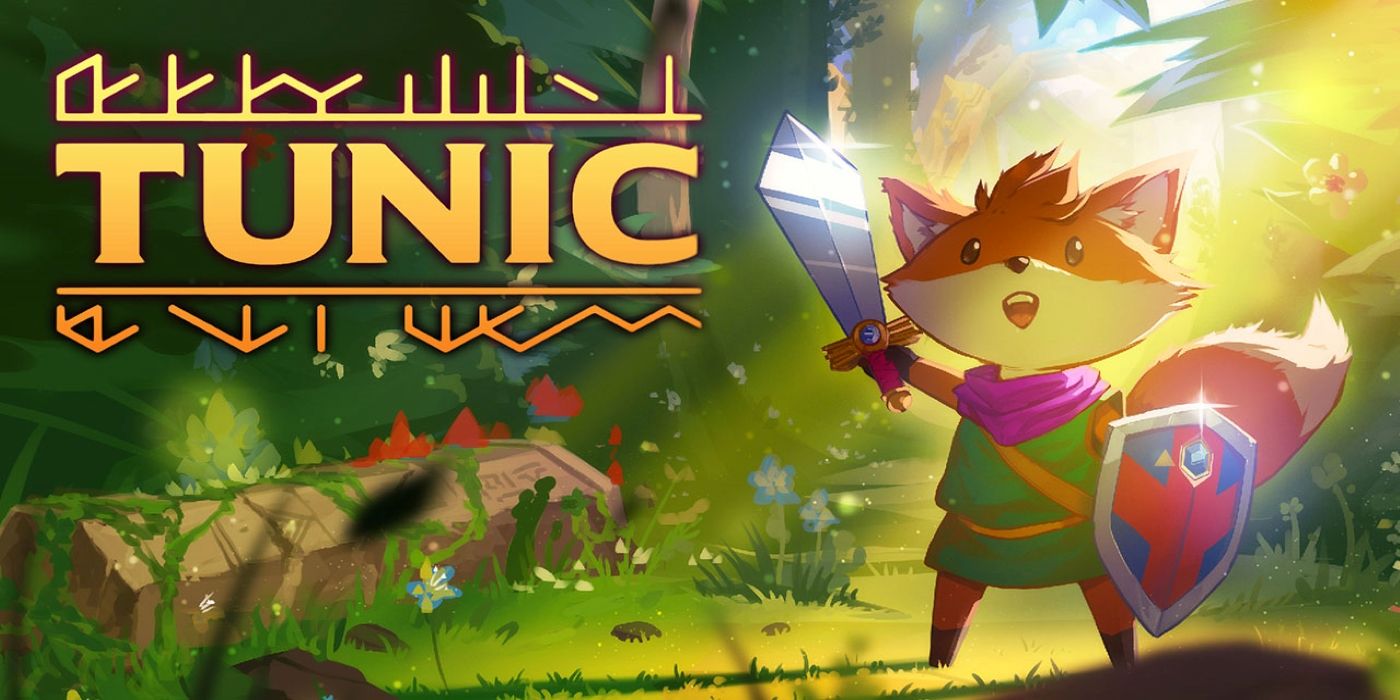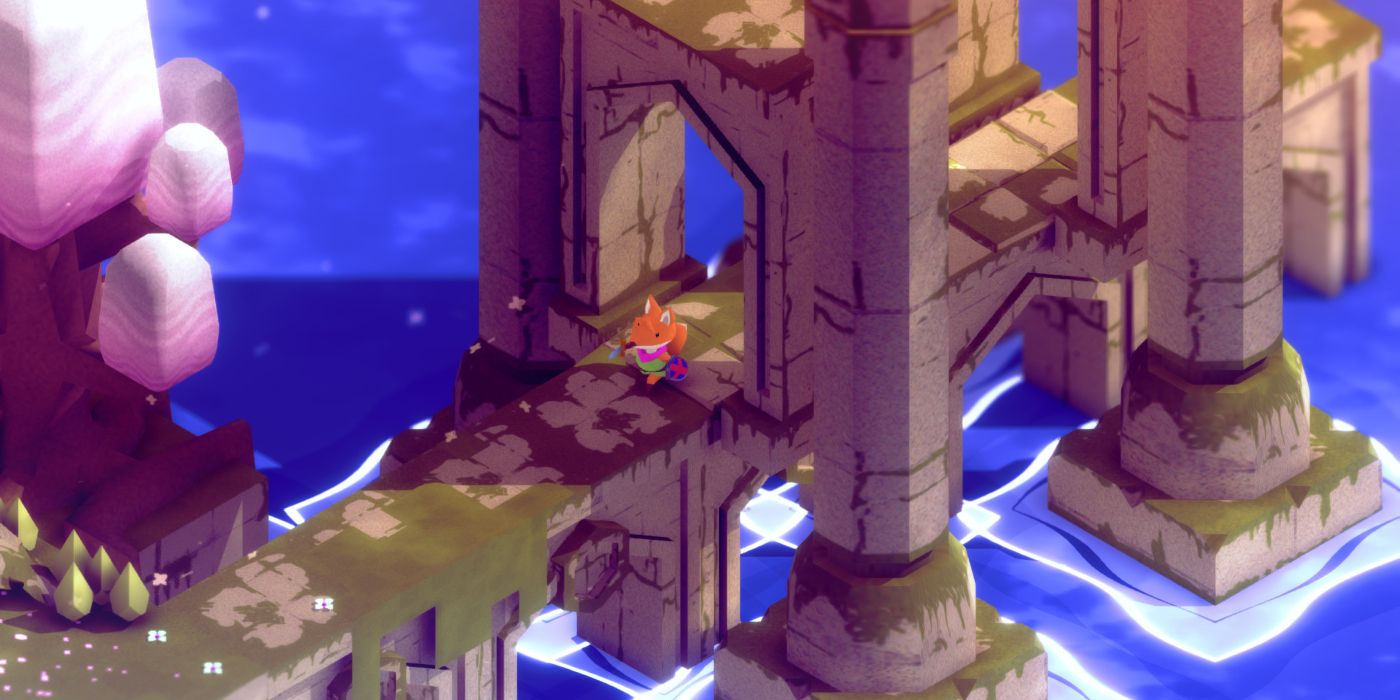For a long time, any and all conversation around Tunic resulted inevitably in comparing Tunic to The Legend of Zelda. There's no two ways about it: Tunic is incredibly similar to an old-fashioned isometric Zelda game, and that's on purpose. Developer Andrew Shouldice has been very clear that the game is heavily inspired by Nintendo's classic action-adventure franchise. The green-clad fox at the game's helm is an obvious Link parallel, and Tunic's charming adventure on a colorful island full of mystery almost feels like a second Link's Awakening reboot. Perhaps the biggest thing standing in Tunic's way is the necessity to distinguish it from The Legend of Zelda and make it feels unique.
Shouldice went a long time without revealing much information about Tunic, but as gameplay starts to come forth, Tunic looks more and more unique. There's gameplay elements and design philosophies in there that don't seem to come from Zelda whatsoever, or at the very least are very different takes on Zelda ideas. Tunic also has an increasingly deep vein of lore that players have still only had a taste of, and that kind of rich storytelling will go a long way in differentiating Shouldice's project from Zelda. There's a lot of hope yet that Tunic will stand on its own two feet.
Tunic's Ideas are Adding Up
At a glance, Tunic's combat is very similar to old Zelda games such as Link's Awakening and A Link to the Past. It's isometric and involves a lot of simple sword swinging and running around enemies. However, there's also something similar to Dark Souls baked into Tunic's gameplay. For example, dodge rolls are a crucial part of combat in Tunic. Rolling costs stamina, and players have to manage stamina carefully or they'll get exhausted, leaving them defenseless. Journalists and critics who've already played the upcoming Tunic demo also indicate that Tunic is actually pretty hard. Although The Legend of Zelda always offers a decent challenge, it sounds like difficulty is baked deeply into Tunic's identity, which helps set it a step apart from Zelda.
Shouldice also deserves a lot of credit for developing lore for Tunic. Gameplay trailers have recently indicated that Tunic is filled to the brim with an odd language that isn't translated for players, but clearly means something significant. While that language is an intriguing story element in itself, it also goes a long way in helping players empathize with the fox protagonist, who's lost on an island and exploring a mysterious, unfamiliar place. The game reportedly also includes mysterious hint sheets that resemble old-fashioned game guides. They're largely in Tunic's mysterious language, so while they could just be fund homages to early video game history, they could also mean something greater.
Tunic is a Promising Indie Entry
At this point, it isn't fair to say that Tunic is a Zelda clone anymore. It's getting clearer and clearer that, while Tunic is definitely heavily inspired by old Zelda games and still borrows a lot of their ideas, it doesn't actually play completely the same as a Zelda game. There's plenty of new things that Shouldice plans on mixing into the game that set it apart. Shouldice has even clarified before that Tunic isn't intended to be the indie version of The Legend of Zelda, and that there's lots of other ideas being combined with that main source of inspiration. As more information about Tunic comes out, it looks clearer and clearer that that really is the case.
The indie game industry has always been built in part on nostalgia and love for foundational franchises. For instance, Metroidvanias are a highly influential genre inspired by just a couple successful sidescrolling games from previous gaming generations. Tunic may be similar to Zelda in a lot of ways, but being a love letter to a classic franchise is only one aspect of its identity. The Tunic demo releasing on June 15 will give fans a chance to determine for themselves how close it is to Zelda, but all signs indicate that there's enough going on in Tunic to call it a game of its own.
Tunic is in development for PC and Xbox One.

